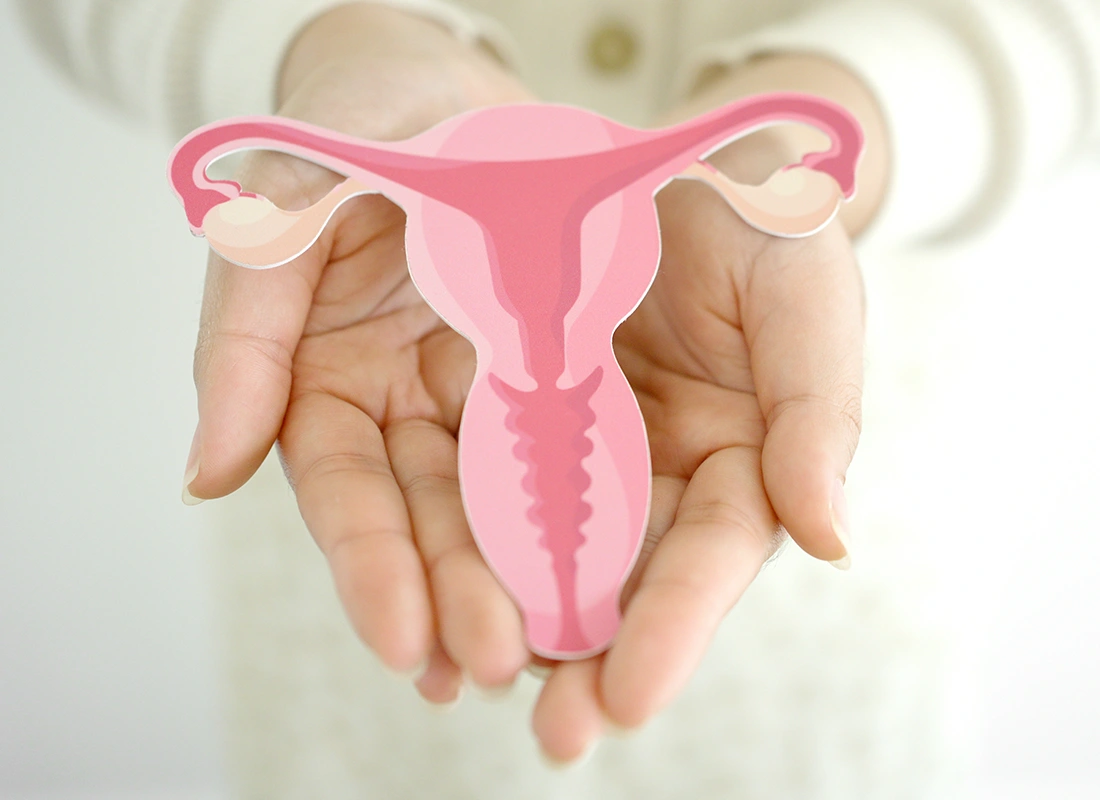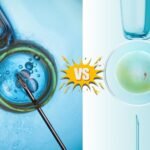Fertility is a crucial aspect of a woman’s reproductive health, yet many women face unexpected challenges when trying to conceive. While some women achieve pregnancy effortlessly, others may experience difficulties due to underlying medical conditions, hormonal imbalances, or lifestyle factors. Understanding the reasons behind female infertility and taking proactive steps to enhance reproductive health can make a significant difference in the journey toward conception.
Common Reasons for Female Infertility
A woman’s ability to conceive depends on a delicate interplay of hormones, ovulation, egg quality, and the health of the reproductive organs. When any of these factors are disrupted, fertility may be affected. Several conditions can contribute to female infertility, some of which may require medical intervention.
1. Polycystic Ovary Syndrome (PCOS)
PCOS is one of the most common causes of infertility in women of reproductive age. It is a hormonal disorder characterized by irregular ovulation, elevated androgen (male hormone) levels, and the presence of small cysts on the ovaries. Women with PCOS may experience irregular menstrual cycles, making it difficult to predict ovulation. In addition, insulin resistance—commonly associated with PCOS—can further disrupt hormone levels, affecting egg development and overall fertility.
2. Endometriosis
Endometriosis occurs when the tissue that normally lines the inside of the uterus grows outside it, affecting the ovaries, fallopian tubes, and other pelvic structures. This condition can cause painful periods, heavy bleeding, and, in severe cases, infertility. The misplaced endometrial tissue can form scar tissue and adhesions, which may block the fallopian tubes or interfere with implantation, making conception challenging.
3. Diminished Ovarian Reserve
Women are born with a finite number of eggs, and as they age, both the quantity and quality of eggs decline. While this process is natural, some women experience a faster depletion of their ovarian reserve due to genetic factors, medical conditions, or treatments like chemotherapy. A low ovarian reserve can reduce the chances of conception, especially after the age of 35.
4. Blocked or Damaged Fallopian Tubes
Healthy fallopian tubes are essential for natural conception, as they serve as the pathway for the egg to meet sperm for fertilization. When one or both tubes are blocked or damaged due to infections, previous surgeries, or conditions like pelvic inflammatory disease (PID), the chances of pregnancy decrease. Women with tubal blockages may require assisted reproductive technologies, such as In Vitro Fertilization (IVF), to conceive.
5. Uterine Fibroids and Polyps
Fibroids and polyps are abnormal growths in the uterus that can interfere with fertility. Fibroids are non-cancerous tumors, while polyps are overgrowths of the uterine lining. Depending on their size and location, these growths can distort the shape of the uterus, affect implantation, or cause recurrent miscarriages.
6. Hormonal Imbalances
A balanced hormonal system is essential for regular ovulation and a healthy pregnancy. Disorders such as thyroid dysfunction, hyperprolactinemia (excess prolactin production), and adrenal gland abnormalities can interfere with ovulation and menstrual cycles. For example, an underactive thyroid (hypothyroidism) can lead to irregular cycles and reduced fertility, while high prolactin levels can suppress ovulation altogether.
7. Lifestyle and Environmental Factors
While medical conditions play a significant role in infertility, lifestyle choices also impact reproductive health. Stress, excessive caffeine or alcohol consumption, smoking, and exposure to environmental toxins can reduce fertility. Weight is another critical factor—both obesity and being underweight can disrupt ovulation and menstrual cycles. Women trying to conceive should focus on maintaining a healthy lifestyle to improve their chances of pregnancy.
How to Improve Female Fertility
Most of the female infertility issues can be managed with lifestyle changes, proper medical care, and timely intervention. While some women may require medical treatments, others can enhance their fertility through natural methods.
1. Maintain a Balanced Diet
A nutrient-rich diet supports reproductive health by regulating hormones and improving egg quality. Women should include foods high in antioxidants (such as berries, nuts, and dark leafy greens) to protect eggs from oxidative stress. Healthy fats from avocados, olive oil, and nuts help regulate hormone production. Lean proteins, whole grains, and iron-rich foods also contribute to better fertility.
2. Achieve and Maintain a Healthy Weight
Being overweight or underweight can affect ovulation and hormonal balance. Excess body weight can lead to insulin resistance, which is common in women with PCOS, while being underweight can reduce estrogen levels and cause irregular cycles. A moderate exercise routine that includes walking, yoga, and strength training can help maintain an ideal weight.
3. Reduce Stress and Improve Sleep
High-stress levels can disrupt hormone production, leading to irregular cycles and delayed ovulation. Women trying to conceive should engage in relaxation techniques such as meditation, deep breathing exercises, or gentle physical activities like yoga. Additionally, maintaining a regular sleep schedule supports hormonal balance, improving overall reproductive health.
4. Track Ovulation and Optimize Timing
Understanding ovulation patterns is crucial for increasing the chances of conception. Women can track ovulation using basal body temperature charts, ovulation predictor kits, or through follicular monitoring by a fertility specialist. Having intercourse during the fertile window—typically between days 10 and 16 of a regular 28-day cycle—can maximize the likelihood of pregnancy.
5. Consider Fertility-Boosting Supplements
Certain vitamins and minerals play an essential role in reproductive health. Folic acid is recommended for all women trying to conceive, as it helps prevent birth defects and supports early fetal development. Vitamin D deficiency has been linked to infertility, making supplementation beneficial for some women. Coenzyme Q10 (CoQ10) is also known to improve egg quality, especially in women over 35.
6. Seek Medical Assistance When Necessary
If a woman has been trying to conceive for more than a year (or six months if over 35) without success, consulting a fertility specialist is advisable. Depending on the underlying cause, treatments such as ovulation-inducing medications, hormonal therapy, or assisted reproductive technologies like IVF and Intracytoplasmic Sperm Injection (ICSI) may be recommended. In cases of unexplained infertility, Intrauterine Insemination (IUI) may also be an option.
Conclusion: Taking Control of Your Fertility
Fertility challenges can be overwhelming, but understanding the underlying causes and making proactive changes can increase the likelihood of conception. Whether the issue stems from hormonal imbalances, lifestyle factors, or medical conditions, addressing these concerns early can help women take control of their reproductive health. If you’ve been trying to conceive for over a year without success, seeking professional advice can be the next best step. At Bud IVF, we offer expert fertility assessments, advanced treatments, and personalized care to help you achieve your dream of parenthood.
If you are experiencing any of such issues and need help or just want to talk about it, feel free to Book an Appointment with us.






